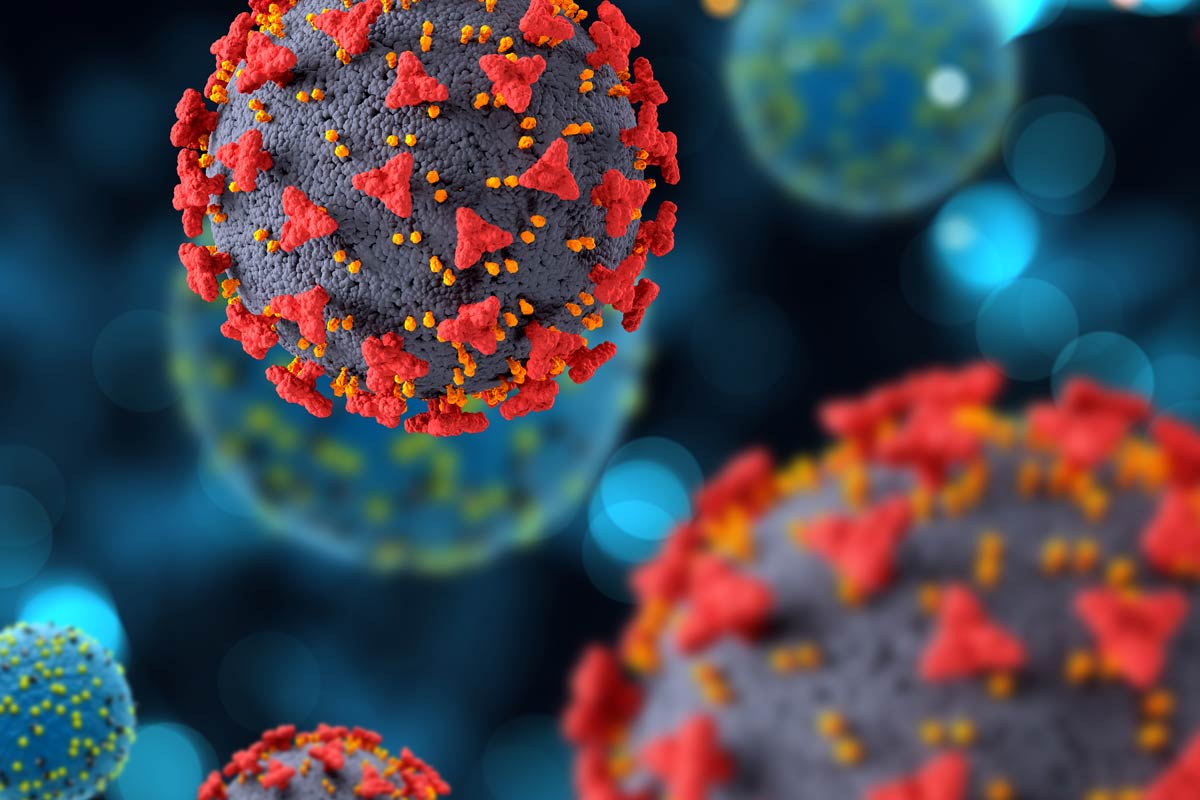
The emergence of new COVID-19 variants remains a critical concern worldwide as the virus continues to evolve. The latest addition to the genetic line-up is the Stratus variant, which has garnered significant attention due to its rapid spread in the United States and multiple countries across the globe. Understanding the symptoms, transmission patterns, and potential implications of this new variant is essential for public health preparedness and individual awareness.
Overview of the Stratus Variant
The Stratus variant was first identified through genomic sequencing efforts in multiple regions, signaling its ability to circulate silently within communities. Its emergence aligns with historical patterns observed in previous variants such as Delta and Omicron, characterized by mutations that can influence transmissibility, vaccine efficacy, and severity of illness.
According to recent reports from USA Today, the Stratus variant is increasingly being detected in the United States, with cases also documented in parts of Europe, Asia, and other continents. This widespread presence indicates that the variant is highly adept at transmitting among populations, potentially leading to surges in cases if not effectively managed.
Symptoms Associated with the Stratus Variant
One of the primary concerns with new COVID-19 variants is whether they cause different or more severe symptoms. Currently, preliminary studies suggest that the symptoms of the Stratus variant are largely similar to those associated with earlier strains. However, ongoing research continues to monitor for any distinctive clinical features.
Common Symptoms Include:
- Fever and chills: An elevated body temperature remains a hallmark indicator of COVID-19 infection.
- Persistent cough: Often dry and lingering, coughs are a consistent symptom across variants.
- Fatigue: Feelings of exhaustion are common and can be severe in some cases.
- Sore throat: Many individuals report throat discomfort similar to upper respiratory infections.
- Shortness of breath: While generally mild in mild cases, some reports note increased respiratory effort with infections involving Stratus.
- Loss of taste and smell: A distinctive COVID symptom, though less prominent in some variants.
- Headaches and muscle pains: General malaise involving headaches and body aches are frequently observed.
Notably, some individuals affected by Stratus report atypical symptoms such as gastrointestinal issues or skin rashes, although these are less common and require further validation through clinical data.
Transmission and Spread Patterns of the Stratus Variant
How Does Stratus Spread?
The primary mode of transmission remains respiratory droplets released when infected individuals cough, sneeze, or talk. Additionally, aerosols—smaller particles that can linger in the air—play a critical role in the spread, especially in crowded or poorly ventilated spaces.
Factors Facilitating Its Rapid Spread
- Mutations enhancing transmissibility: The Stratus variant contains mutations that could enable it to infect cells more efficiently than previous strains.
- Vaccine escape potential: While vaccines continue to provide protection against severe illness, some mutations may reduce their effectiveness in preventing infection.
- Global travel and mobility: Increased movement of people across borders accelerates the dissemination of the variant.
- Community transmission: Without strict preventive measures, local outbreaks can escalate quickly.
Implications for Public Health and Individual Precautions
As the Stratus variant circulates more widely, it underscores the importance of continued vigilance. Public health authorities emphasize adherence to preventive measures such as mask-wearing, social distancing, and vaccination to curb transmission.
Vaccination and Boosters
Existing COVID-19 vaccines still offer substantial protection, particularly against severe disease, hospitalization, and death. Booster doses are recommended, especially for vulnerable populations, to enhance immunity against emerging variants like Stratus.
Testing and Surveillance
Widespread testing, including PCR and rapid antigen tests, remains vital for early detection. Enhanced genomic surveillance allows health officials to track mutations and adapt strategies accordingly.
Personal Preventive Measures
- Wear masks in crowded spaces
- Maintain hand hygiene
- Avoid large gatherings when possible
- Stay updated on vaccination schedules
- Seek medical advice if symptoms appear
Global Response and Future Outlook
World health organizations and national governments are closely monitoring the situation concerning the Stratus variant. Efforts include genomic sequencing, data sharing, and public communication to mitigate the impact of this variant.
While the current data suggests that symptoms are comparable to earlier strains, the potential for increased transmissibility raises concerns about healthcare systems being overwhelmed in some regions. Continued research is crucial to determine the variant’s severity, vaccine efficacy, and long-term implications.
Experts advocate for maintaining robust public health infrastructure, promoting vaccination campaigns, and fostering global cooperation to address the challenges posed by new variants like Stratus effectively.
Conclusion
The emergence of the Stratus variant highlights the evolving nature of the COVID-19 pandemic. Staying informed, practicing preventive measures, and receiving vaccinations are critical steps for individuals and communities alike. As our understanding deepens through ongoing research, adaptive strategies will be essential to safeguard public health and prevent future outbreaks.
As the situation develops, it remains vital to follow updates from trusted sources and adhere to recommended guidelines to minimize risks associated with this new variant.
For more updated news please keep visiting Prime News World.








